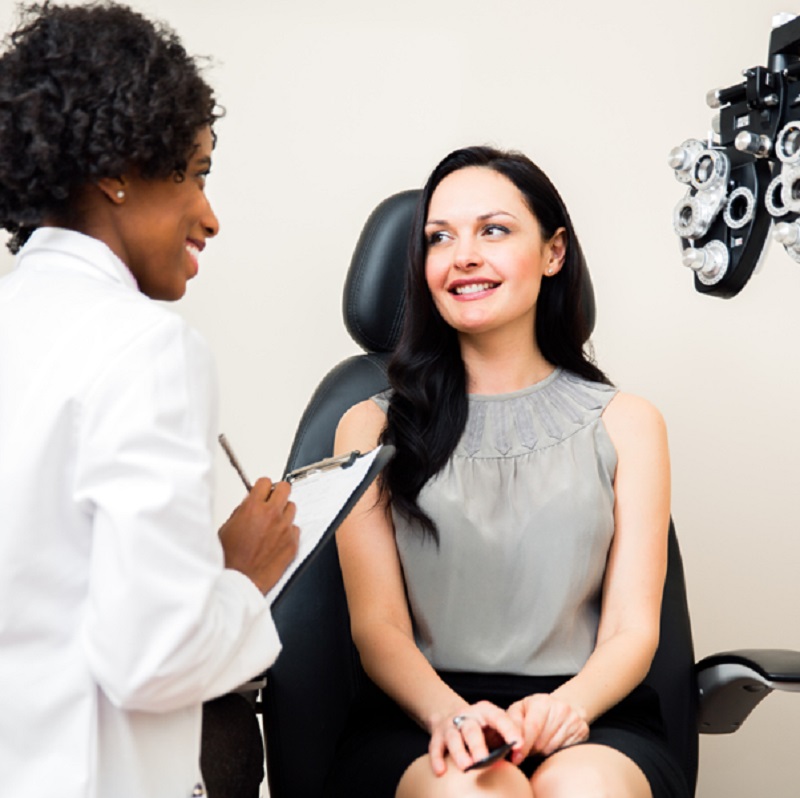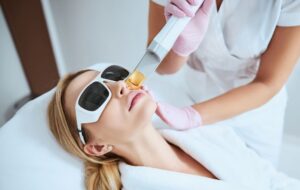FAQs About Ortho-K Lenses in Singapore

Orthokeratology, or Ortho-K, has become popular as a non-surgical vision correction technique. If you’re thinking about using this overnight vision correction solution, it’s typical to have questions and concerns. With that, discover the answers to the common queries about Ortho-K lenses in Singapore.
1. What is Ortho-K, and How Does It Work in Singapore?
In orthokeratology, the cornea is reshaped while you sleep by using rigid, gas-permeable contact lenses that have been specifically made. By correcting refractive errors, this reshaping offers a clear vision daily. Ortho-K is mainly sought after in Singapore for myopia management, addressing the growing concern of nearsightedness among the populace.
2. Can Anyone Use Ortho-K Lenses in Singapore?
For those who have mild to moderate myopia, Ortho-K lenses are appropriate. However, eligibility depends on several variables, including the condition of your cornea and the particulars of your prescription. Speaking with an eye care specialist is essential to know if Ortho-K fits you.
3. How Long Does it Take to See Results with Ortho-K in Singapore?
After beginning Ortho-K, most people notice progress in their vision within a few days. Nevertheless, the intended result might take up to two weeks to manifest. It’s crucial to schedule routine follow-up visits with your eye doctor to assess progress and make any required corrections.
4. Are Ortho-K Lenses Safe for Long-Term Use in Singapore?
Ortho-K lenses prescribed and fitted by a licenced eye care specialist in Singapore are usually secured for use for an extended period. Routine eye exams are needed to monitor eye health and make sure the lenses are still doing their job of correcting vision.
5. How Do Ortho-K Lenses Compare to Traditional Contact Lenses in Singapore?
Unlike conventional contact lenses, Ortho-K lenses are worn while you sleep. This approach gives people with active lifestyles a suitable option by doing away with the need for daytime wear. In addition, Ortho-K is known for its ability to control myopia, which makes it an option for Singaporean parents looking for alternatives to traditional corrective methods for their kids.

6. What Happens If I Stop Using Ortho-K Lenses in Singapore?
Your cornea will gradually return to its natural shape, and your vision will revert to what it was before you stopped wearing Ortho-K lenses. Constant lens wear is essential to keep the corrective effects going. Scheduling routine follow-up appointments with your eye care specialist is necessary to maintain Ortho-K’s efficacy.
7. How Much Do Ortho-K Lenses Cost in Singapore?
The complexity of your prescription, the provider, and any extra services included in the package can all affect how much Ortho-K lenses cost in Singapore. Enquiring about the entire cost, including follow-up appointments and any required lens replacements, is advisable to make an informed choice.
8. Are Ortho-K Lenses Covered by Insurance in Singapore?
Different insurance providers in Singapore cover different Ortho-K lenses. While some vision insurance plans might not cover anything, others might only pay a percentage of the price. Speaking with your insurance company and the eye doctor of your choice is advisable to find out how much Ortho-K is covered.
9. What Are the Potential Risks and Side Effects of Ortho-K Lenses?
Potential risks may include temporary discomfort, dryness, or irritation during the adjustment period. In rare cases, more serious complications such as corneal abrasions or infections may occur, emphasising the importance of proper lens hygiene and regular follow-up appointments for monitoring.
Conclusion
Ortho-K lenses provide a helpful and efficient way to correct vision, particularly considering how common myopia is in Singapore. Making sense of the fundamentals and answering frequently asked questions can help those thinking about Ortho-K make well-informed choices. Seek the advice of an Ortho-K specialist in Singapore for more specific guidance and to ascertain suitability.
Say goodbye to the hassle of daytime contacts and glasses. Visit Menicon to learn more.





